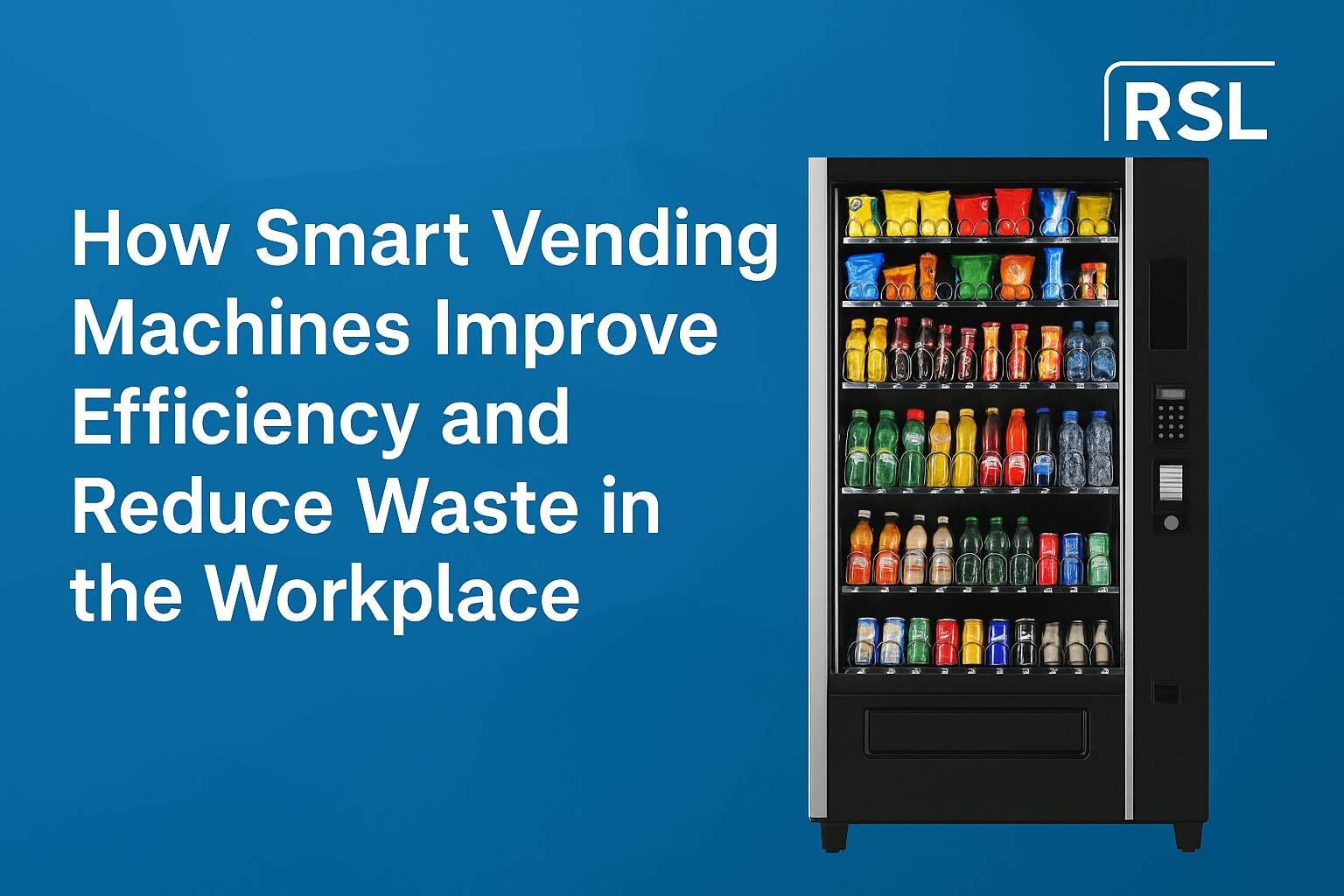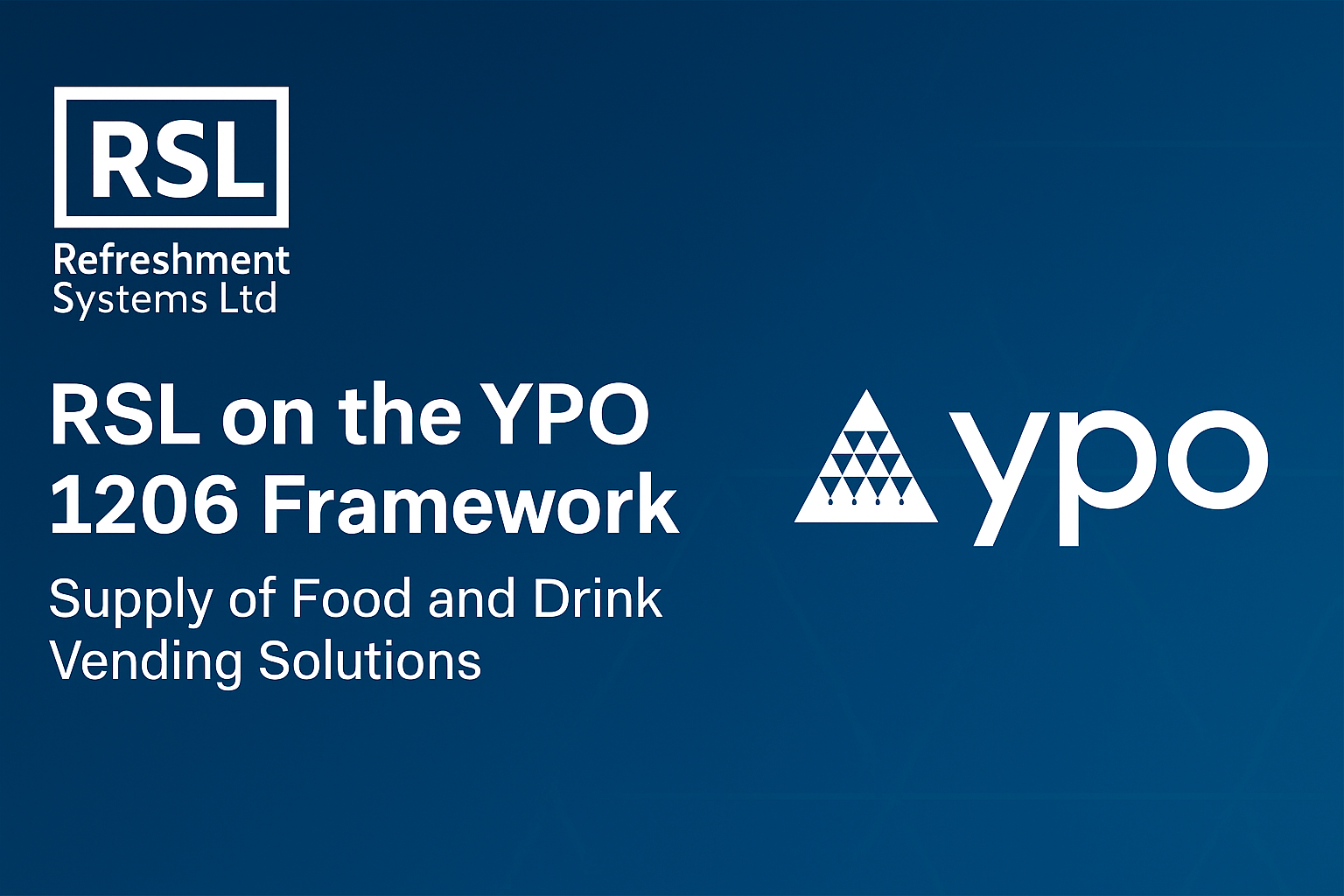These days the once favoured meat and two veg
With food and drink outlets needing to provide for a multitude of wants and needs, let’s take a look at these emerging and growing trends.
Vegetarianism
Vegetarians don’t consume meat in any form, or foods that have been created from meat, such as lard and some gelatines. Therefore, vegetarians have to be careful to check food labels on cheeses, sweets, crisps and other processed foods.
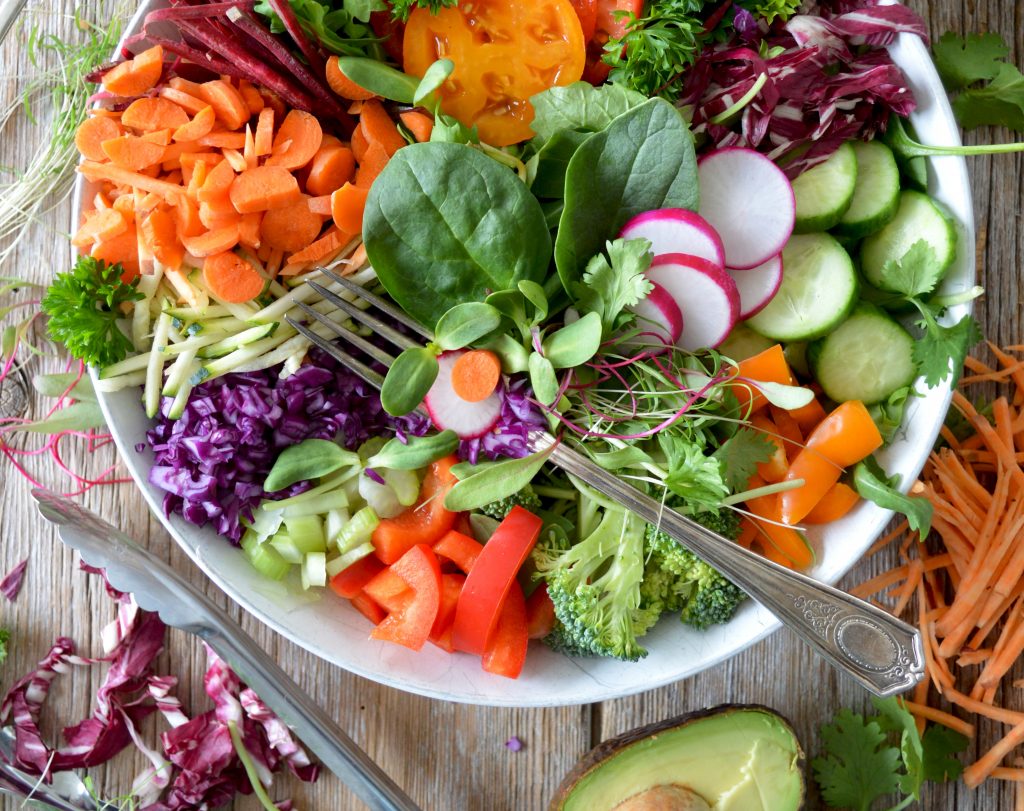
There has often been debate as to whether vegetarians eat fish. By the correct definition, no they don’t. This would be classed as
Around 12% of 18-24 year olds are vegetarian, compared to approximately 7% of over 55 year olds, showing the growing trend of ditching meat.
Veganism
To follow a vegan diet means you stay away from any products that an animal has been involved with in any way. For example, eggs and dairy are produced via the means of animal involvement. Even honey can be off limits due to the process undertaken by bees to create it.
It also extends to not using products that have derived from animals or may have involved cruelty to animals, such as leather, wool and even silk.
It is estimated that somewhere between 3% and 7% of the UK’s population are vegans. However, 92% of plant-based meals in 2018 were purchased by non-vegans. This highlights the birth and growth of the ‘flexitarians’.
Flexitarianism
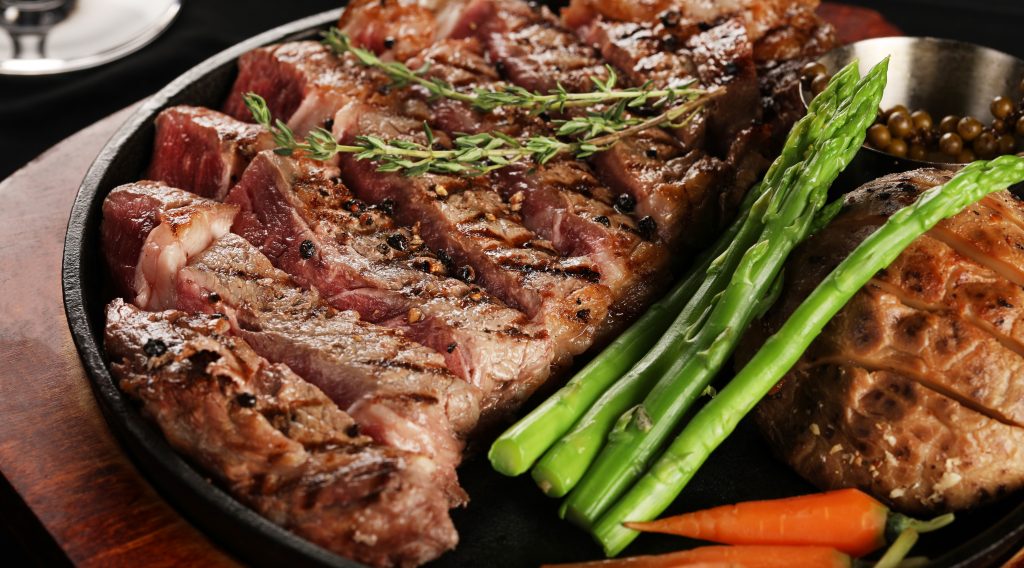
There are many reasons people choose to cut meat out of their diet, however it may not be a 24/7 way of life. Flexitarians sometimes go meat-free, and sometimes don’t. This increases the intake of plant-based foods and encourages introduction of new foods, while still receiving the valuable nutrients found in meat.
Internet searches for the term ‘flexitarianism’ increased by 98% last year, showing the increasing interest in this way of life.
People may choose to cut meat out of their diet, either permanently or on certain days of the week in order to improve health – it is worth noting that nutrients found in meat do need to be replaced by other foods if totally cutting it out – reduce their carbon footprint or even save money.
Gluten-free

Gluten is a mixture of a couple of proteins found in cereal grains that gives dough its elasticity. Gluten-free diets are especially important for people suffering from celiac disease, an autoimmune disorder in which gluten can cause serious health conditions.
Separate from this, there is the possibility of gluten sensitivity. There is no test to diagnose this condition so people often undertake an elimination diet to figure out the cause of any discomfort after eating. However, some people may just assume they have a gluten intolerance and cut it out straight away, this could go some way to explain the 48% of the population that avoids one or more ingredients.
Lactose-free
An incredible 75% of the world’s population is lactose intolerant. But only around 5% are lactose-free in the UK. This is due to the fact that lactose intolerance is very much highly concentrated in different areas of the world. In some countries, primarily the southern hemisphere, between 60-100% of the population are lactose intolerant.
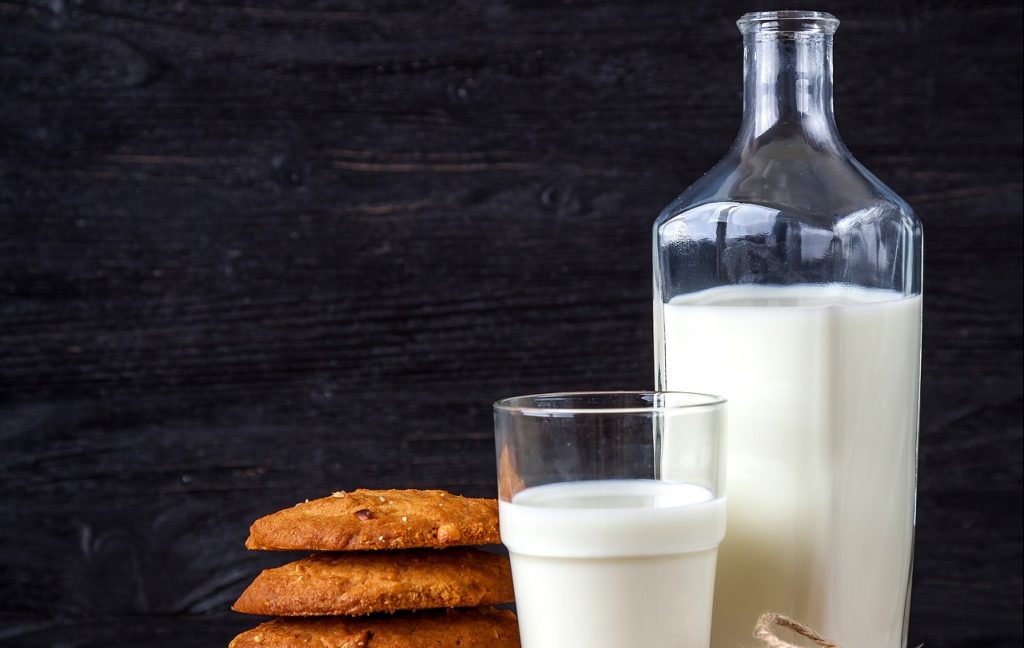
This intolerance is caused by an inability to digest the carbohydrate, lactose, in dairy products. This occurs when the enzyme, lactase, has limited production in the body. Another cause of lactose sensitivity could be an illness that leads to gut inflammation and therefore a temporary decline in lactase production.
Lactose-free doesn’t necessarily mean dairy-free. It is thought that people with a lactose intolerance can have up to 18g of lactose a day. There are dairy products that have very small amounts of lactose, such as butter and some cheeses. A dairy intolerance could be caused by something else within the dairy that isn’t necessarily lactose.
Emerging produce trends
Drinks
- Coffee shops are seeing a rise in the demand for plant-based milks, with 48% of customers opting for the dairy alternatives and 21 million plant-based coffee drinks being served each week in the UK!
- Chilled coffee, Mintel reports 30% of coffee consumers seek out chilled coffee as an alternative to soft drinks
- Caffeine-free options such as matcha, turmeric and beetroot along with chai are still experiencing a buzz
- Botanical beverages are making a steady rise to replace sugary, ready-to-drink cold teas
- Raicilla, a Mexican spirit made from agave cactus, produced via roasting and delivers a smoky, earthy and slightly floral flavour
Fruit & Vegetables
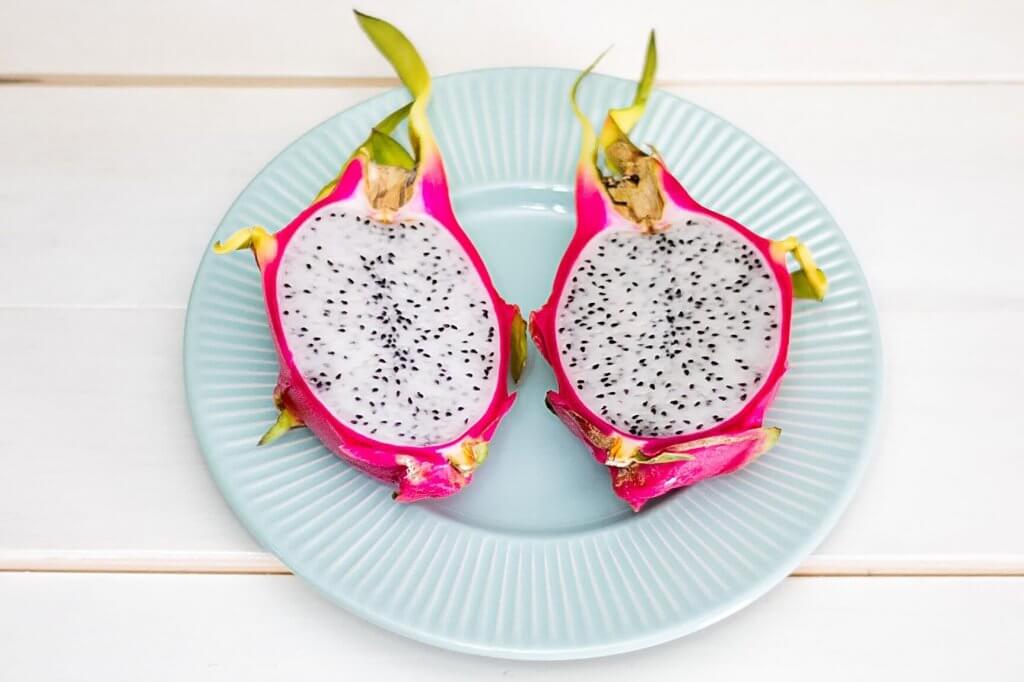
- Seaweeds such as lichen and dulse are making an appearance in restaurants, this comes with the sustainability drive and fashion for foraging
- Colourful produce that is Instagram worthy
- Exotic fruits from the Pacific rim such as dragon fruit, guava and passionfruit
- Meat-imitating veg, with the growth of veganism restaurants are experimenting with vegetables that can replace meat textures
Ancient grains
Teff, spelt and freekeh are becoming more popular with farmers claiming they are more sustainable to produce as their resistance to pests and drought is much higher than conventional grains
Fermented
- Kefir and fermented milk are on the rise due to the friendly bacteria that are good for the gut
- Tempeh, a fermented soybean cake, currently used in some sushi and a burger featuring at Patty & Bun in London
- Drinking vinegars have made a bit of a buzz with the health benefits they bring, now available in flavours such as kale and kiwi
Sustainable, less waste
- Whey, the by-product of cheese, has been seen to be used in sauces, salad dressings and braising in the effort to cut down on food waste
- Zero-waste restaurants, we are now seeing establishments making huge efforts to create zero waste by using as much of the product as possible (from root to flower), composting or returning to the grower
- Reusable food wrapping made from beeswax as an alternative to clingfilm and tinfoil


